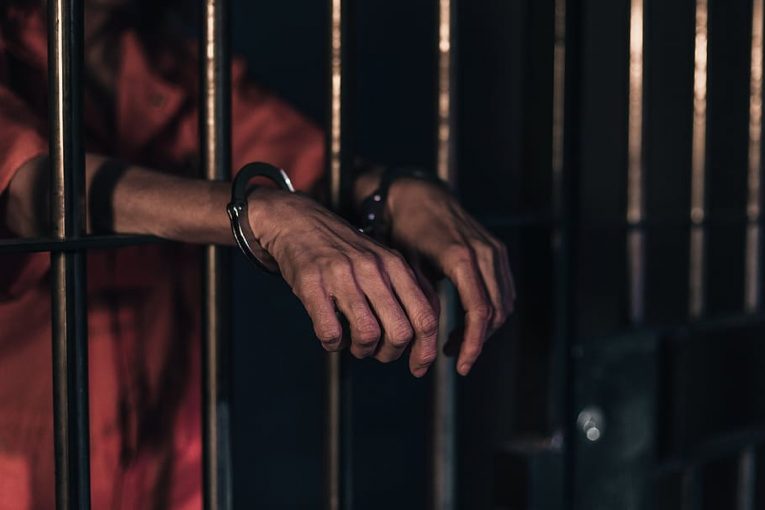

By Julie McCaffrey
NEW YORK CITY, NY – Rikers Island faced judicial scrutiny earlier this year when Judge Laura Taylor Swain, of the Federal District Court in Manhattan, began the process of potentially stripping New York City of its control over the jail after a pattern of violence and failed reform attempts that has left inmates of the jail susceptible to harm, according to the New York Times.
The hearing this week is a step toward determining whether New York City or an outside authority will take control of the jail. The decision itself is still months away, and will follow rigorous legal arguing from prosecutors and detainees’ lawyers, who are working together against the city, added the Times.
Recent data reveals conditions at Rikers Island have still not improved a satisfactory amount for the jail to be considered in compliance with the consent decree, said advocates, noting force used against detainees 29 times, 12 fights recorded among detainees, nine assaults on staff, seven fires, and the recovery of various drugs and sharp objects, reported the New York Times.
Regardless of whether control of the jail is turned over to an outside authority, Rikers Island will close in 2027, added the Times.
According to the Vera Institute of Justice, Rikers Island has been operating under a consent decree since 2015. A consent decree is a legally binding, court-enforced improvement plan, negotiated by and agreed upon by both parties and approved by a court.
In the case that a consent decree is issued to a jail or police force, such as this one, it typically comes after an investigation conducted by the Department of Justice into patterns of misconduct, explained Vera, adding investigations are conducted and consent decrees are issued to police departments following high-profile police killings that have solicited public outcry.
Examples of this include the Louisville Police Department, which was placed under consent decree following Breonna Taylor’s murder, as well as police departments in Baltimore, Ferguson, and Minneapolis following the murders of Freddie Gray, Michael Brown and George Floyd, respectively, noted Vera.
Should a jurisdiction fail to follow the terms of the consent decree, Vera added, it can be held in contempt of court and its control can be transferred to an outside authority, noting the court can also choose to award damages or impose sanctions, such as financial penalties, against the jurisdiction.
And, as seen in New York City, the Rikers Island federal monitor is calling for the jurisdiction to be held in contempt of the court over conditions in the jail, according to an AP story.
The Vera Institute argues consent decrees are important to hold jails and police departments accountable for their actions, as many of these systems structurally lack effective accountability mechanisms, although their effectiveness is highly debated.
Some people, such as Lisa Daugaard, director of the Public Defender Association and a prominent advocate for police reform in Seattle, called the city’s consent decree “worse than pointless,” according to a NPR piece.
Others argue that the consent decree process itself is too expensive, said Vera, adding still others disagree, believing they can help reckon with inhumane conditions in jail and limit the abuse that occurs in jails and police departments.